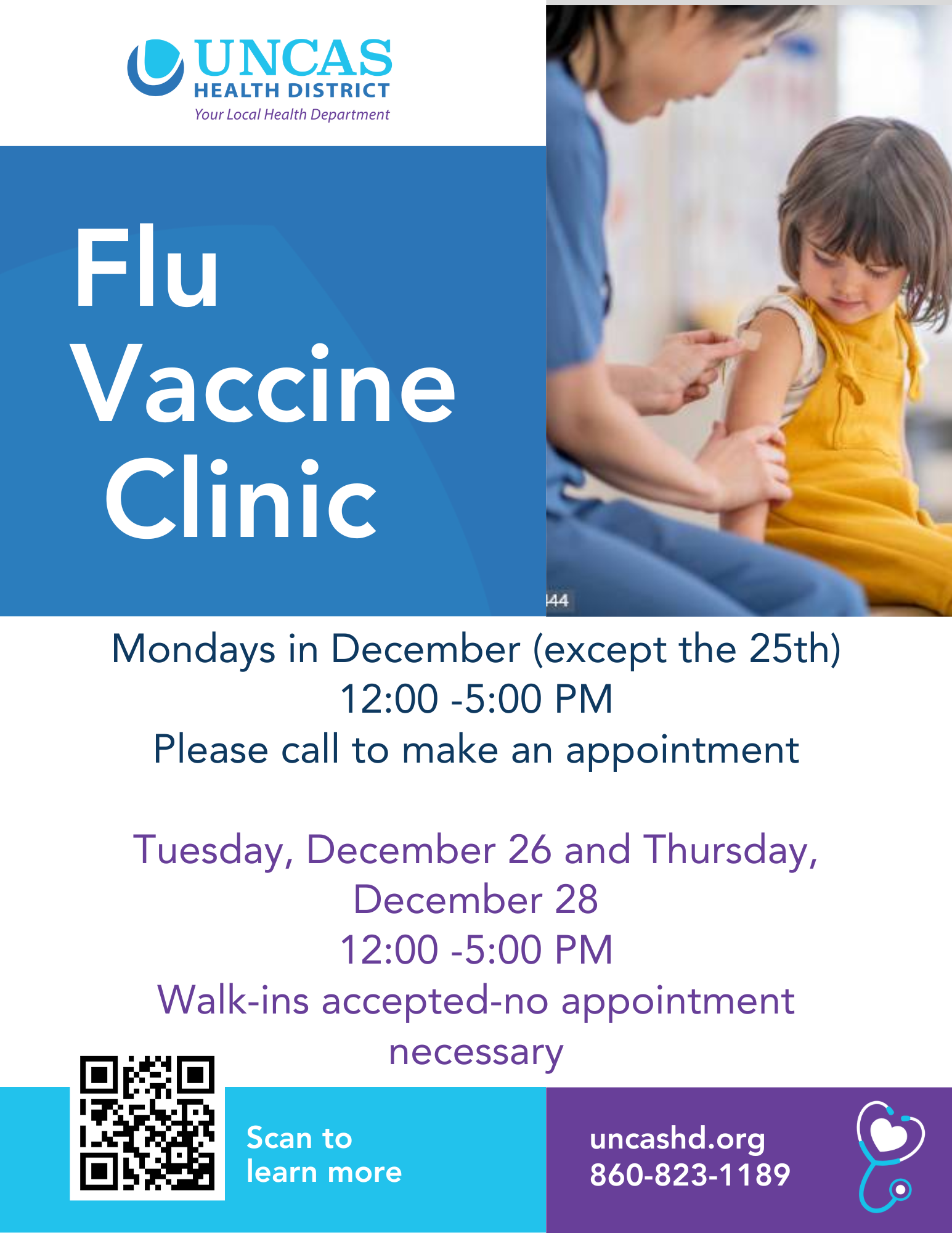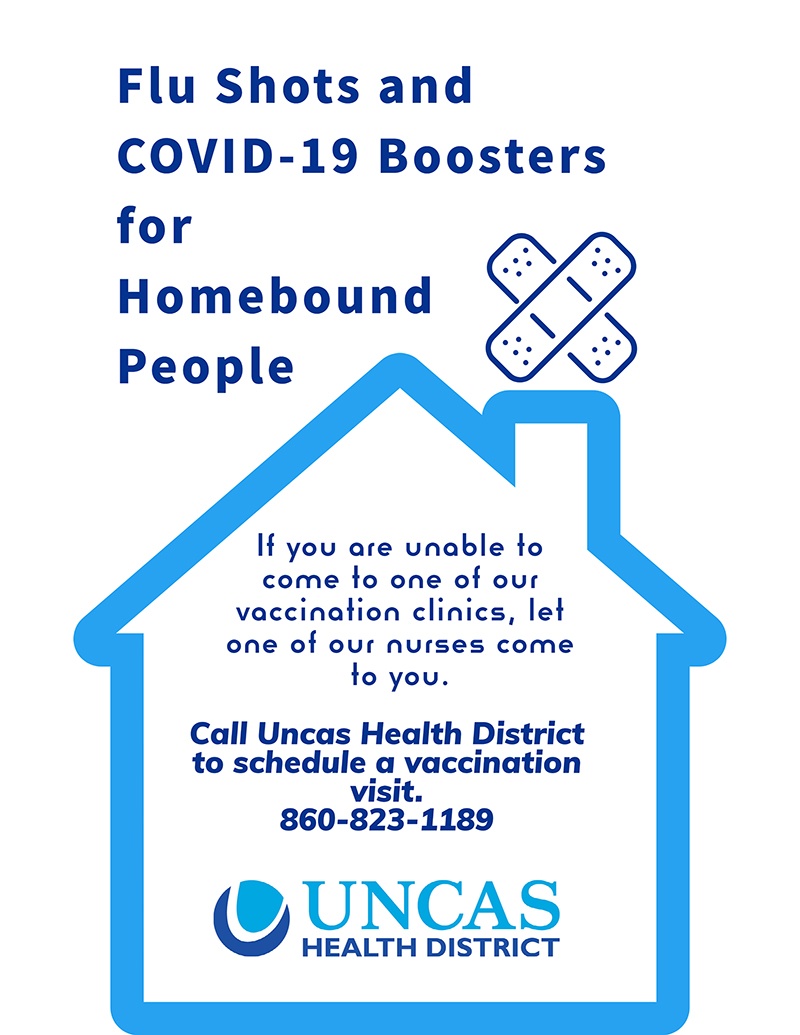INFLUENZA (FLU) INFORMATION
The Flu is a contagious respiratory illness caused by influenza viruses that infect the nose, throat, and sometimes the lungs. It can cause mild to severe illness and, at times, can lead to death. The best way to prevent Flu is by getting a yearly flu vaccine.
Influenza (flu) can cause mild to severe illness, and at times can lead to death. Flu symptoms usually come on suddenly. People who have flu often feel some or all of these symptoms:
- fever* or feeling feverish/chills
- cough
- sore throat
- runny or stuffy nose
- muscle or body aches
- headaches
- fatigue (tiredness)
- some people may have vomiting and diarrhea, though this is more common in children than adults.
*It’s important to note that not everyone with flu will have a fever.
How Flu Spreads
Most experts believe that flu viruses spread mainly by tiny droplets made when people with flu cough, sneeze, or talk. These droplets can land in the mouths or noses of nearby people. Less often, a person might get flu by touching a surface or object that has flu virus on it and then touching their own mouth, nose or possibly their eyes.
Influenza Vaccination Awareness
The importance of receiving the influenza vaccine remains significant for individuals aged 6 months and older throughout the year. Here are essential points to consider about flu vaccination:
Universal Benefits
Annual flu vaccination is a crucial step in safeguarding yourself, your family, and the broader community against the flu. CDC recommends this vaccine for everyone aged 6 months and older to reduce the risk of contracting and spreading the flu.
Shielding Vulnerable Groups
Certain populations, such as adults aged 65 and above and individuals with chronic conditions, face higher risks of severe flu complications. Vaccination acts as a protective measure, reducing potential flu-related dangers for these groups.
Protecting Pregnant Individuals and Infants
Pregnancy can increase vulnerability to flu complications due to changes in the immune system. Getting vaccinated not only lowers the flu risk for expectant mothers but also offers protection to newborns in their early months when they're unable to receive the vaccine.
Critical for Children
Children under 5 years old, especially those under 2, and those with specific chronic health conditions are at higher risk of severe flu consequences. Vaccination significantly reduces the risk of hospitalization or fatalities among these vulnerable groups.



